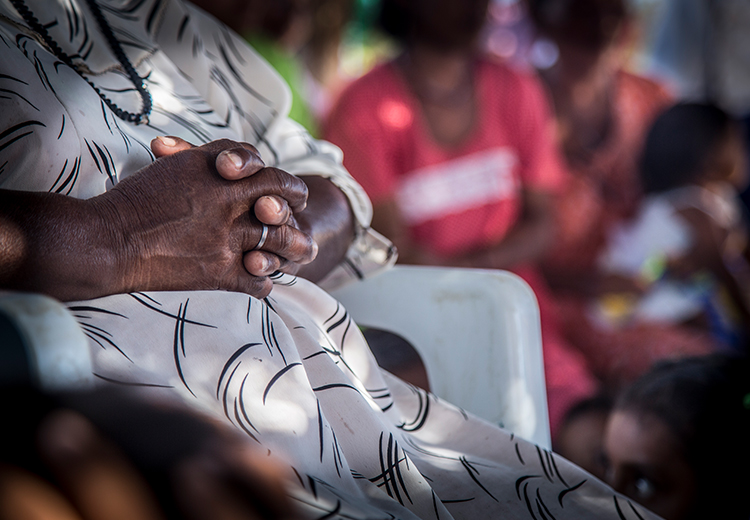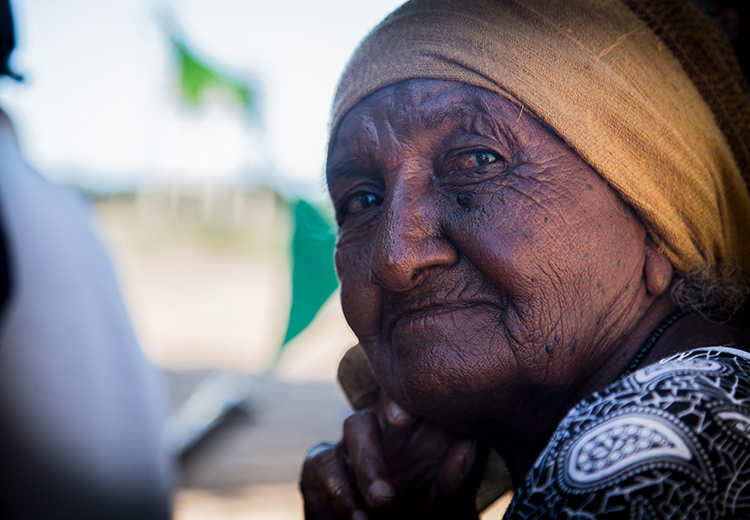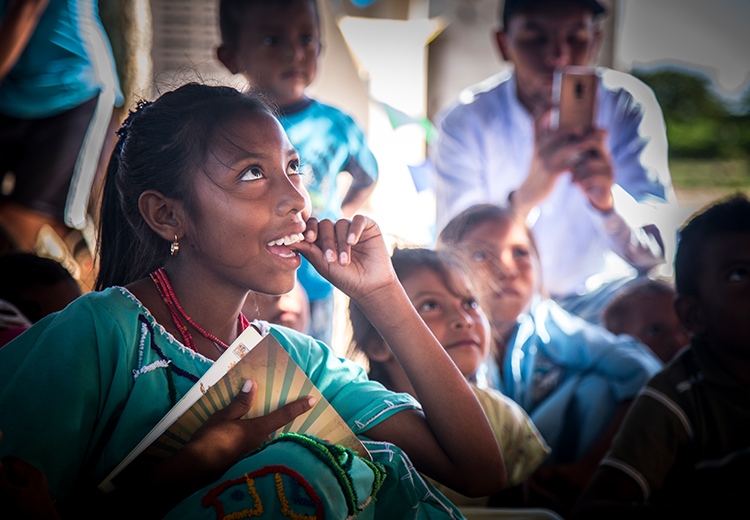(412-2) Taking as a reference the guiding principles on businesses and rights of the united nations, in tgi we carried out the first exercise of diagnosis and risk analysis of human rights in 2020.
We carried out the first risk diagnosis and analysis exercise in Human Rights through the consulting firm Trust, which gave us technical assistance for the implementation of a Human Rights Management System.
According to the diagnosis, the compliance status of the Human Rights management within TGI for the year 2020 was 36%. This percentage was also calculated from the result of the compliance percentage in each of the established management components, and each of these had the same percentage in the overall management rating (Trust report).
In general terms, we have significant gaps in the alignment and traceability of TGI's management of Human Rights standards in each of its components. However, it is relevant to note that we have identified policies, processes, mechanisms and practices that respond to some extent to this approach. There is no structured management that allows its systematicity and traceability.
We structure the components defined based on the guidelines of the United Nations Guiding Principles on Business and Human Rights, incorporated into the diagnostic matrix instrument, with qualitative indicators for each of these components. The matrix incorporated a total of 51 indicators, divided into six components: policy, integration, communications and relations, supply chain, monitoring and evaluation, complaints mechanisms, with qualitative indicators with a differential approach on gender, ethnic communities and children and adolescents.
We are making progress in structuring the Human Rights Management System that will allow us to define the mechanisms to ensure effective management of Human Rights (commitment, risk analysis, management and stakeholders).
(412-2) We carried out 19 awareness workshops, with 38 hours of training, with the participation of 143 trained employees (31.2%). In these spaces they were trained in topics such as: What are human rights? How are human rights related to me and to the activity that I carry out in the company? How can I contribute to the care of human rights in my daily life and in the company? At the end of each workshop, attendees recorded their declaration of commitment to Human Rights on a shared panel.
As part of this pedagogical strategy, and prior to the execution of the workshops, we designed and applied an online survey addressed to all employees of TGI SA ESP., which allowed the collection of three types of inputs: a) a balance of the knowledge that the company's collaborators have on human rights matters, b) reflections of said collaborators on the company's human rights management and c) expectations regarding the content of the human rights policy of TGI SA ESP.


